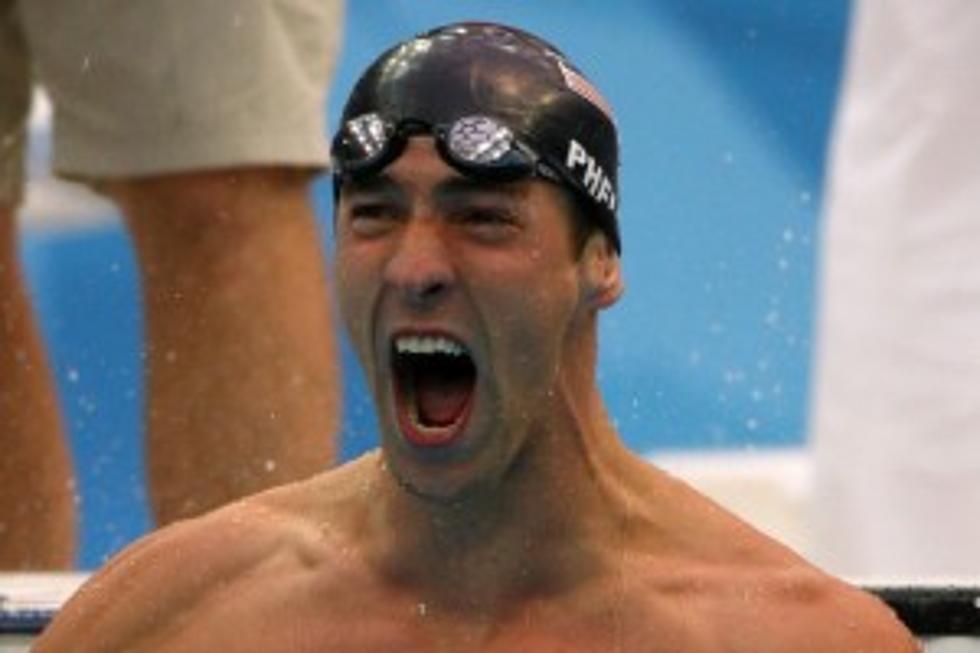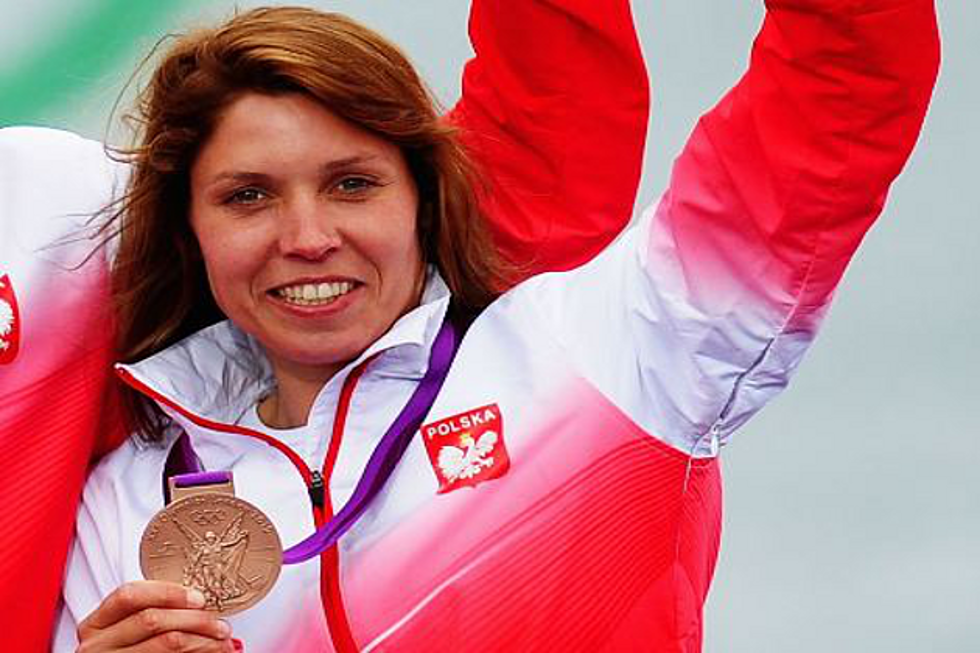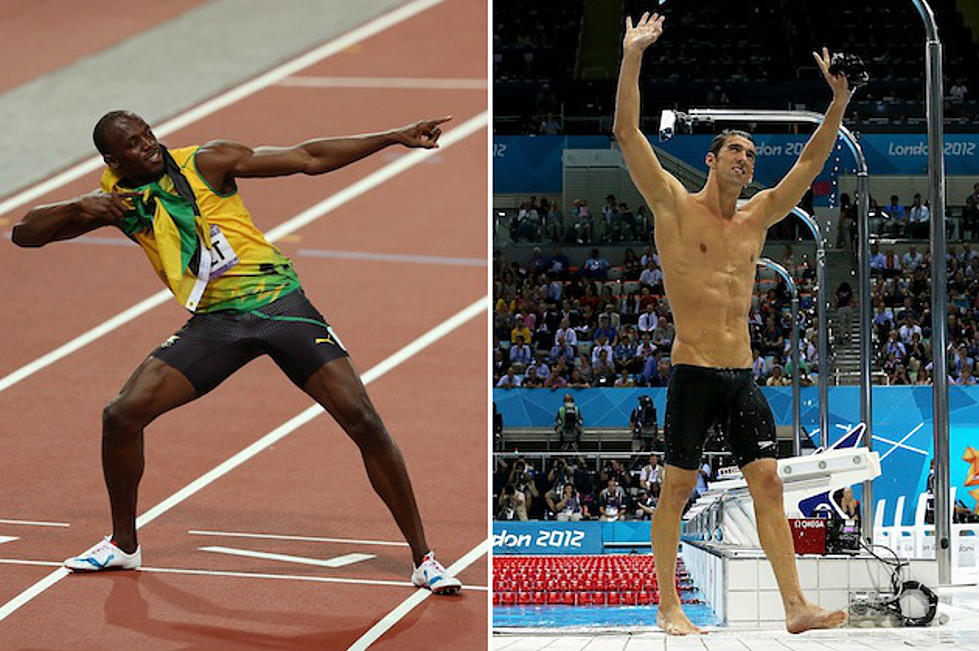
Is That Winning Olympian Actually Expressing the Thrill of Victory?
The Summer Olympics kick off on Friday, and as you’re watching some of those feats of superhuman achievement over the next couple weeks, pay attention to the athletes’ body language — it could speak volumes.
“Triumph has its own signature expression that is immediate, automatic and universal across cultures,” says David Matsumoto, a professor of psychology at San Francisco State University.
But he points out that “triumph” and “pride” are typically expressed in very different ways. For example, athletes who throw their arms above their head, clench their fists and grimace — signs of triumph — can look quite aggressive, something that may have played a role in evolution because it helped people in early societies demonstrate their status or dominance.
The signs of pride, though, are more subtle: competitors tilt their heads back, hold their arms out from their bodies and smile.
Expressions of triumph happen more quickly, often within four seconds of victory, and are an immediate reflection of a person’s success, but expressions of pride typically take 16 seconds since they reflect how the athletes feel about themselves. And those rules tend to apply regardless of the sport or the competitor’s land of origin.
“Watch that immediate reaction in the first few seconds after an athlete has won their medal match … and you’ll see this triumph response from athletes all around the world.” Matsumoto said.
More From Sasquatch 92.1 FM









